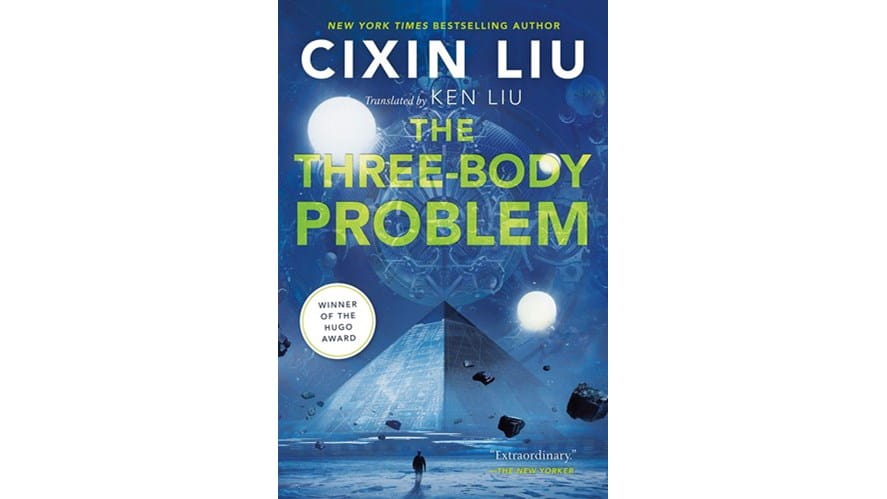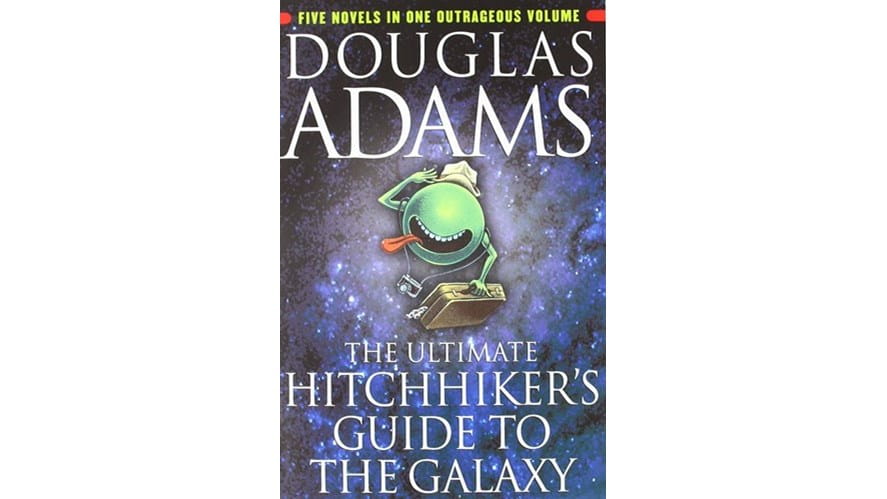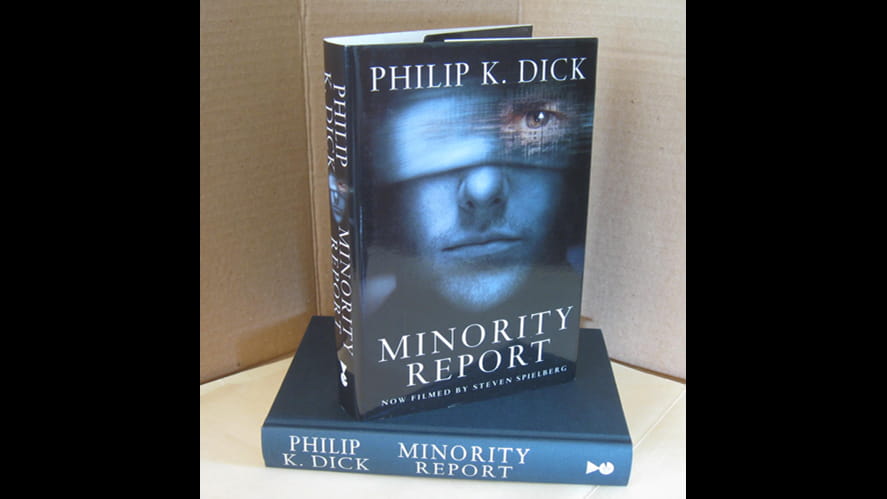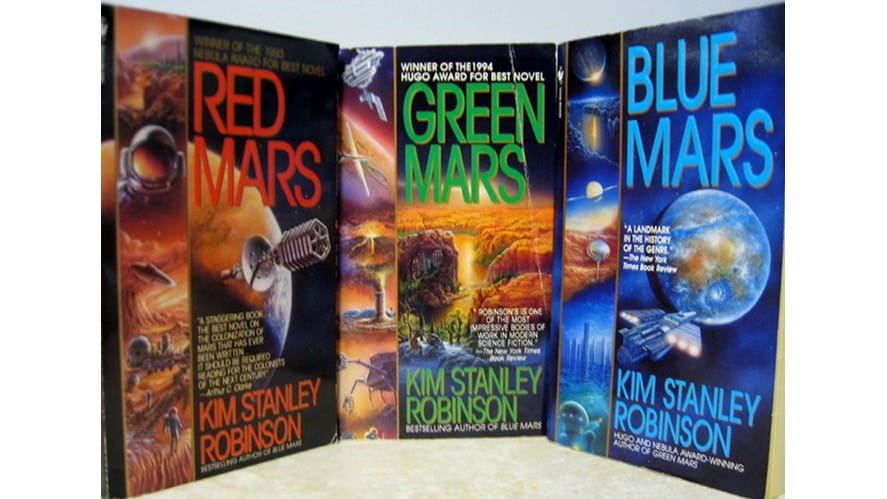We use cookies to improve your online experiences. To learn more and choose your cookies options, please refer to our cookie policy.

Science fiction is a focal point in popular media right now.
With the Foundation series, Dune, and the final season of the Expanse have all premiered recently, it is a great time to consider what science fiction means to us, how it has shaped society, and how it can inspire our students to reach deeper levels of understanding in the classroom. Whether you like science, mathematics, art, politics, sociology, psychology, history, or literature; whether it’s finding the mechanical Easter eggs in the latest space battles of the Expanse, pondering the nature of destiny and free will in Dune, or considering whether it is ethical to use mathematics to predict the future in Foundation, science fiction has something to inspire anyone to think outside themselves. It is a catalyst for creativity and inquiry, it is a warning and a guide for humanity, a bridge between past present and future, and no matter how fanciful the setting it is a reflection of ourselves.
I am inspired by a 1978 article in the New York Times written by Carl Sagan, famous physicist and avid science fiction reader. He wrote: "The greatest human significance of science fiction may be as thought experiments, as attempts to minimise future shock, as contemplations of alternative destinies. This is part of the reason that science fiction has so wide an appeal among young people: It is they who will live in the future…
One of the great benefits of science fiction is that it can convey bits and pieces, hints and phrases, of knowledge unknown or inaccessible to the reader...I think it is not an exaggeration to say that, if we survive, science fiction will have made a vital contribution to the continuation and benign evolution of our civilisation.”
I asked Sci-fi Lovers at BSN: What sci-fi do you remember fondly and how did it inspire you?




